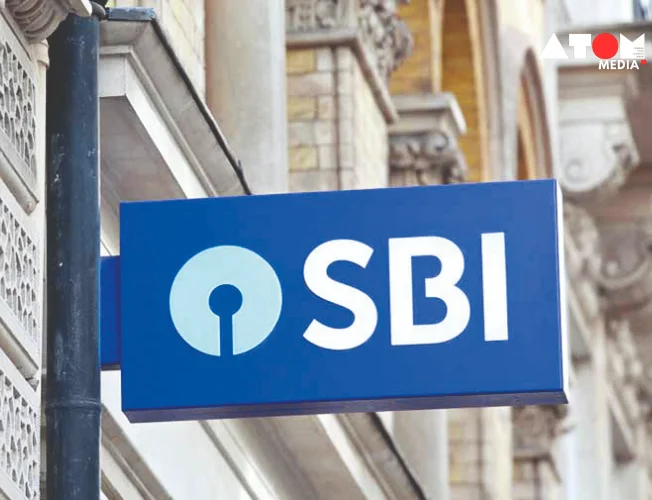SBI Yet to Submit Bill for Unusable Bonds, Government Faces Payment for Final Phase
The Electoral Bond Scheme, recently struck down by the Supreme Court of India, continues to cast a shadow with unresolved financial obligations. The State Bank of India (SBI), responsible for printing the bonds, has not yet submitted a bill for 8,350 electoral bonds of Rs 1 crore denomination that became unusable after the scheme’s termination. Additionally, the government may need to pay SBI Rs 43.90 lakh for the scheme’s 30th phase, which took place in January 2024.
Transparency Concerns and Unpaid Costs
This information comes to light through a Right to Information (RTI) application filed by Commodore Lokesh K Batra (Retd.). The Department of Economic Affairs (DEA) responded to the RTI, revealing the outstanding bill for the defunct bonds and the potential additional payment for the final phase. This lack of a final bill and potential outstanding dues raise concerns about transparency surrounding the scheme’s financial aspects.
Electoral Bond Scheme: A Brief Recap
Launched in 2018, the Electoral Bond Scheme aimed to introduce anonymous funding for political parties in India. Donors could purchase bearer bonds from SBI, similar to bank notes, and deposit them with political parties of their choice. The scheme was touted as a way to eliminate the influence of undisclosed cash donations in political campaigns.
Supreme Court Verdict and Scheme’s Demise
However, the Supreme Court, in a landmark judgment in February 2024, declared the Electoral Bond Scheme unconstitutional. The court cited violations of the right to information and freedom of speech as key reasons for its decision. The anonymity provided to donors through the scheme was deemed incompatible with transparency and accountability in political funding.
Cost of the Scheme and Unutilized Bonds
The RTI application also sheds light on the overall cost incurred by the government for the Electoral Bond Scheme. As of now, the government has paid SBI Rs 11.60 crore (inclusive of GST) in commission for the sale of bonds in 29 phases. An additional Rs 43.90 lakh is likely due for the 30th phase. Furthermore, the government has paid Rs 1.9 crore for printing electoral bonds and Rs 6,720 for a device used to verify their security features.
Focus on High-Value Bonds Raises Questions About Donors
The RTI application also reveals a significant detail about the types of bonds printed. According to available information, around 94% of the bonds were of Rs 1 crore denomination. This suggests that a substantial portion of the funding came from corporates and high net-worth individuals who could afford such high-value bonds. This raises questions about the potential influence of wealthy donors on political parties under the now-defunct scheme.
Unintended Beneficiary: SBI Awaits Payment
While the Electoral Bond Scheme has been scrapped, SBI remains entangled with the financial implications. The outstanding bill for the unprinted bonds and the potential payment for the final phase highlight the lingering costs associated with the scheme. It remains to be seen how these outstanding dues will be settled.
Transparency Concerns and Taxpayer Burden
Commodore Batra, the RTI applicant, emphasizes the irony of the scheme’s financial structure. Donors who purchased bonds were not required to pay any service charges or printing costs. Instead, the government, and ultimately taxpayers, bore these expenses to facilitate anonymous political donations. This lack of transparency and the burden placed on taxpayers raise further concerns about the Electoral Bond Scheme.
Looking Ahead: Electoral Bond Scheme a Closed Chapter
The Supreme Court’s verdict has brought the Electoral Bond Scheme to an end. However, the unresolved financial obligations and concerns about transparency remain. As India moves forward, a renewed focus on establishing a more transparent and accountable system for political funding is likely to be a key area of discussion.
Read more: Marketing News, Advertising News, PR and Finance News, Digital News





